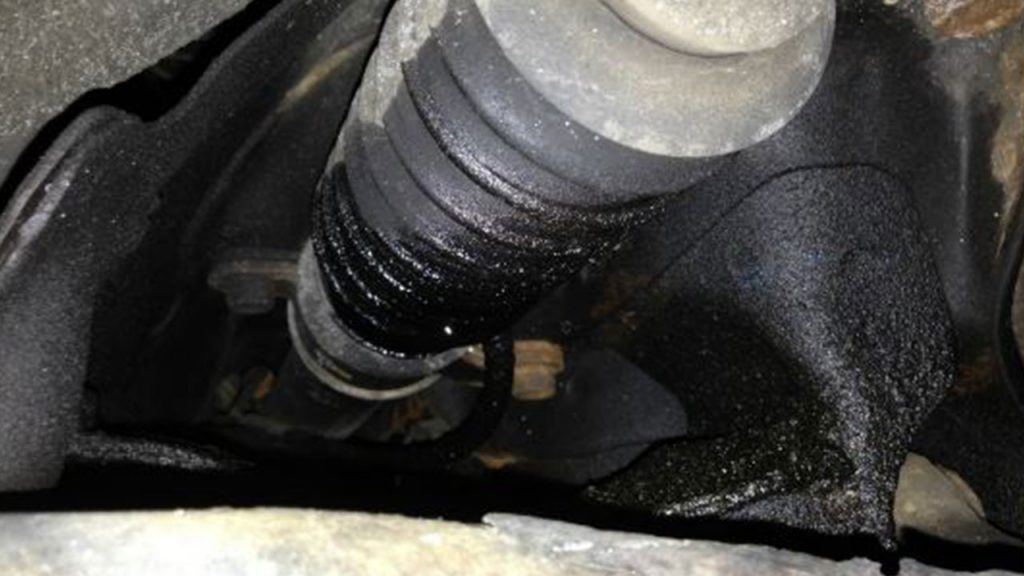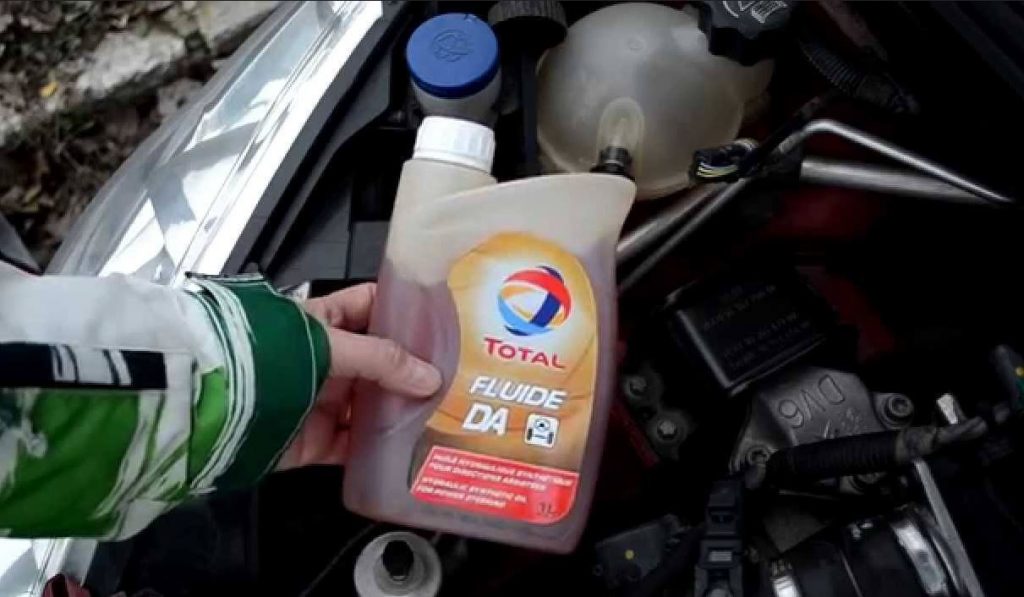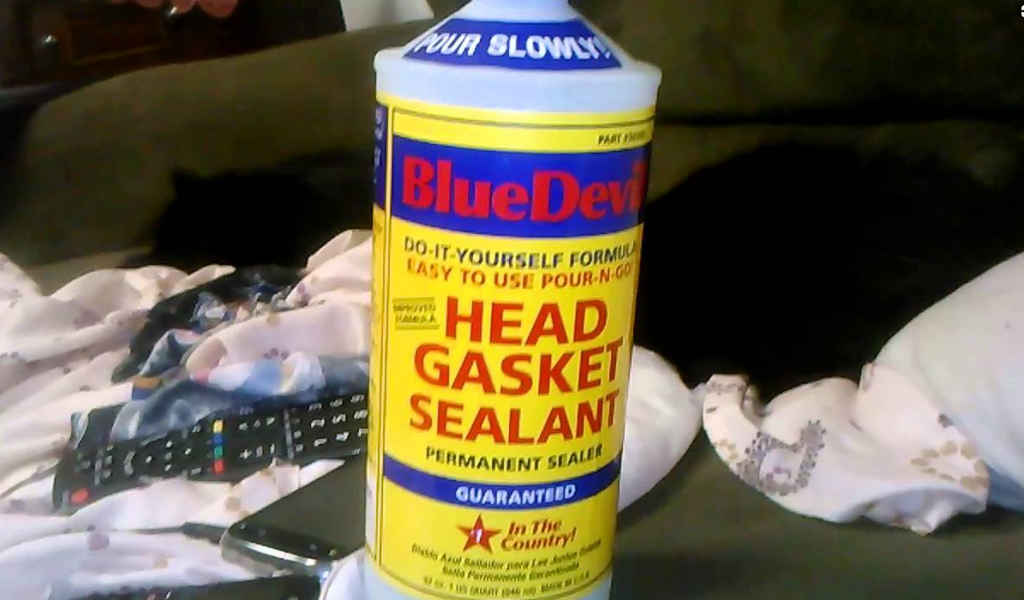Last updated on July 16th, 2023 at 02:59 pm
Your vehicle engine needs oil and not just any kind of oil. Indeed, most modern car engines are made and designed to a kind of standards and need oils that meet their specific industry.
This is to ensure that the engine’s lifespan is prolonged. When you fail to use the right type of oil, the car warranty could be voided.
But at what percentage should you change your oil? This is the question lots of car users ask. I understand your confusion, this is due to the misinformation out there. But in this article, I’ll be answering this and other questions bordering car owners.
Related Articles:
Can Too Much Oil Cause White Smoke From Exhaust & How To Fix
What Are Prices Of Valvoline Oil Change & How Long Does Oil Change Last?
Is Ok To Change The Oil Every 2 Years
There’s a recommendation by car manufacturers to change car oil once a year. This is because there’s the possibility for moisture and other contaminants to build up in the oil. This possibility becomes high when you frequent cold starts and short trips. So my answer is no, you shouldn’t allow your engine to stay more than a year before changing oil.
Note that it might cost you your car if you stay long without changing oil. Remember that your car will longer remove heat from the engine once the motor oil becomes sludge. When this happens, it can lead to your engine shutting down completely which will require you to buy a brand new engine to fix it.
How Often Should I Change My Oil?
Some time ago, it was literally about every 3 months, or every 3,000 miles of driving, whichever one that came first. However, in recent times due to oil change standards, there’s a new rule. The current recommendation is to have your oil changed every 6 months or 5,000 miles.
Please note that this depends on your vehicle’s age, driving conditions, and the type of oil you use. But if the engine of your car uses synthetic oil, then you can drive 10,000 miles before changing oil.
Oil Change Time Vs Mileage
Maintenance schedules of car engines are indeed based on time or mileage intervals. But car manufacturers have recommended maintenance at either time or distance points.
Due to low mileage, it might make sense to you to delay changing your oil. Note that the function of engine oil is to lubricate, cool the engine, and pull out unwanted particles caused by wear into the filter and boiling off harmful chemicals created by combustion.
The particles or chemicals can stay in the oil if the engine is lightly used. Also, other fluids and oil can break down over a period, which makes them lose their effectiveness.
There are two major reasons why you should follow the recommended oil change intervals. One is to ensure your vehicle’s warranty coverage, and the other is to ensure the longevity of your engine and its components.
The vital thing you should be looking out for is whether the suggested maintenance schedule is in line with your driving pattern. There are two cars that my friend has that cover low mileage like 1,000 to 2,000 km per year, one of them still under warranty and the other past that stage. He changes the oil every year regardless of its mileage or time and makes sure that other suggested service components are addressed too.
At What Percentage Should You Change Your Oil?
Due to misinformation out there, the oil life percentage happens to be one of the things in the modern automobile that is not easy to comprehend. So at what percentage should you change your oil?
Note that this percentage represents the time that’s left before your engine oil no longer provides optimized protection for its components.
Auto servicing shops may advise you to drive 3000 miles or 3 months, but that’s just a waste. I change mine whenever it’s between 40 and 20 percent. So you should do the same, but ensure you reset the monitor every time you change the oil.
Remember that this is to ensure that the engine’s lifespan is prolonged. When you fail to do this, the car warranty could be voided.
When To Change Engine Oil In A Petrol Car
Car owners are supposed to service their cars at 5000kms or 3000 miles. It can also be done every 3 months if you make use of lower-grade engine oil. But if you use synthetic oil, then 6000 miles or 10000kms is ideal for every 6 months.
However, in case you find out that there’s sludge in the engine, then use engine flush and then maintain the oil service interval.
How Often Should You Change Your Oil UK
In the UK, changing engine oil after 3000 miles is preferable. It has been observed by the auto service industry that car owners that defer changing engine oil for even a month after the 3 months recommended period suffer oil sludge issues in their engines.
To avoid having engine problems, it is advised in the UK to have your engine oil changed every 3000mls/5000kms for conventional oils, and for synthetic oils, it should be 6000mls/10000kms. Doing this means that you won’t have sludge in your car engine again.
How Often Should You Change Your Oil In Months?
This depends on your vehicle’s age, driving conditions, and the type of oil you use. Some time ago, it was literally about every 3 months, or every 3,000 miles of driving, depending on the one that came first. However, there’s a new rule due to oil change standards. You’re recommended to have your oil changed every 6 months or 5,000 miles. But if the engine of your car uses synthetic oil, then you can drive 10,000 miles before changing oil.
Conclusion
It is good to change your engine oil regularly or at reasonable intervals to ensure your car runs smoothly. However, the recommendations of your car manufacturer will depend on the frequency in which you’ll have your oil changed. But only that, including your driving patterns, your environment, and how much wear and tear your car has already experienced.
So in case you’re the kind that drives long journeys at high speeds, then you shouldn’t go farther than the maximum interval for oil change recommended by the car manufacturer.
Related Article:
- Why Are BMW Oil Changes So Expensive
- Do You Check The Oil With The Car Running
- How Long Does an Oil Change Take at Toyota













